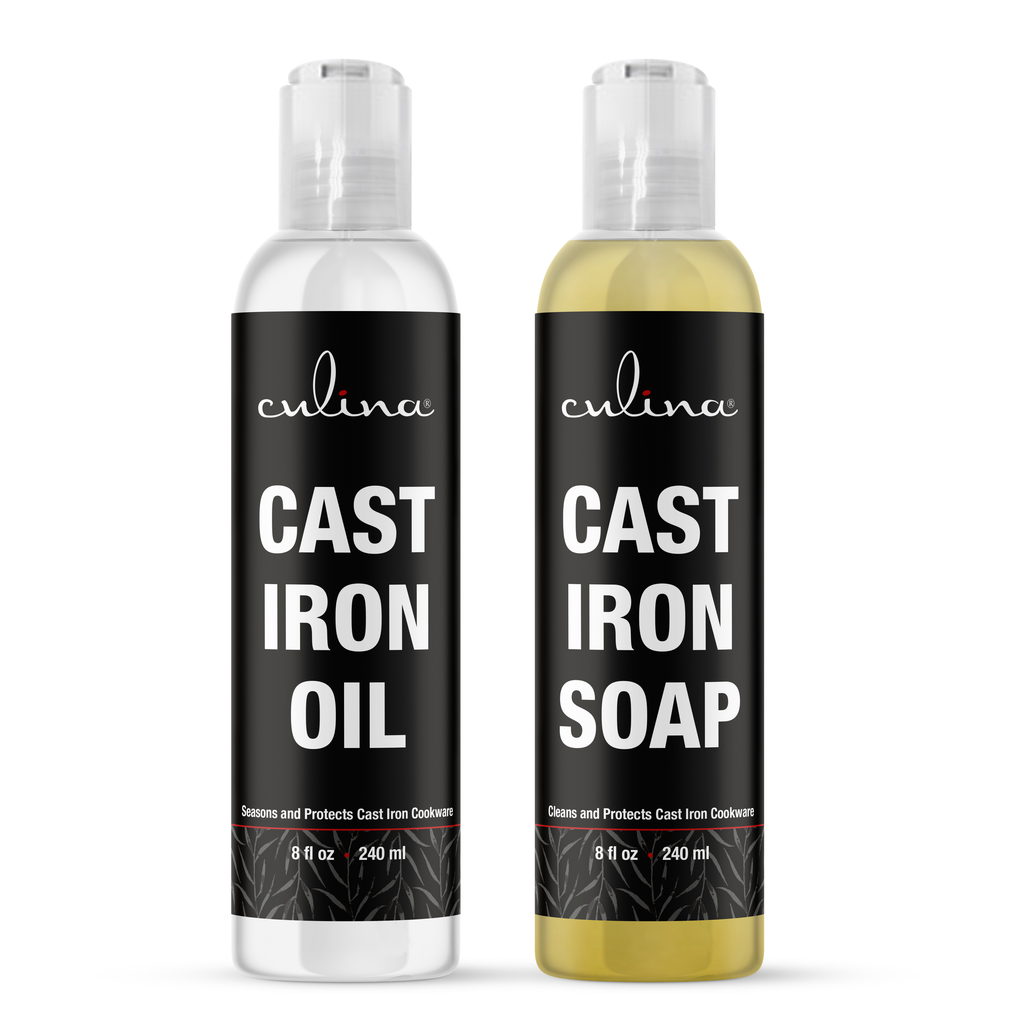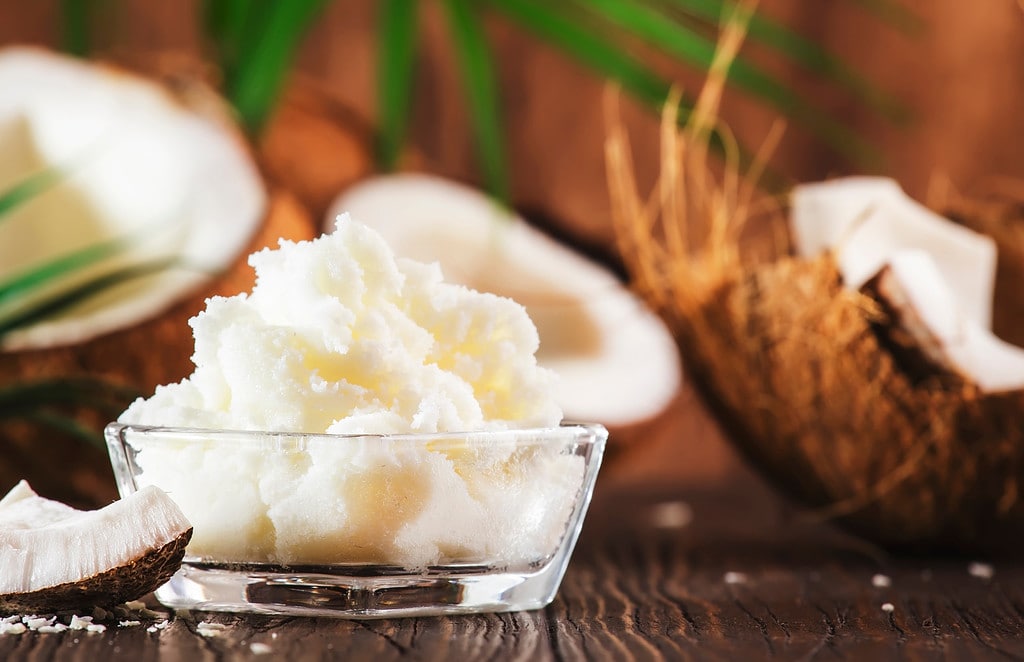How to Clean Up Oil Spills in Kitchen: Tips and Tricks
Keeping your kitchen tidy is a priority for anyone who loves to cook, and an oil spill can make that a daunting task. Having the right techniques on how to clean up oil spills in the kitchen can save you time and ensure your workspace remains sanitary. Oil spills can happen to anyone, whether you are preparing a lavish meal or just trying to fry up some eggs. This guide focuses on effective methods especially tailored for beauticians and anyone who values a clean kitchen.
Understanding how to clean up oil spills in the kitchen is essential, not just for hygiene but also for maintaining the aesthetic of your workspace. An oily mess can tarnish your kitchen's look and feel, but with the right approach, you can restore it to its former glory.

Understanding the Types of Oil in Your Kitchen
Before jumping into how to clean up oil spills in the kitchen, it is worth considering the types of oils typically used. Different oils may require different cleaning techniques:
- Cooking Oils: These are commonly found in every kitchen and include olive oil, vegetable oil, and canola oil.
- Essential Oils: Often used for aromatherapy, these can leave stains if spilled.
- Grease: From frying foods, grease may solidify if not treated promptly.

Immediate Steps to Take After an Oil Spill
When tackling an oil spill, the initial actions are critical. Heres a sequence of steps to follow:
- Act Quickly: The sooner you address a spill, the better. This prevents oil from spreading.
- Contain the Spill: Use paper towels or an old cloth to trap the oil from spreading further.
- Clean with Absorbent Materials: Sprinkle baking soda or cornstarch on the spill to soak up the oil.

Effective Cleaning Solutions
Several cleaning solutions can effectively eliminate oil spills. Here are a few captivating options:
- Dish Soap and Warm Water: A classic solution that effectively breaks down oil.
- Vinegar and Baking Soda: This combination can tackle stubborn oil stains.
- Commercial Degreasers: For heavy-duty cleanups, these may be a better option.
Using Dish Soap
Dish soap is not just meant for your dishes! Here's how to use it for cleaning oil spills:
- Mix a few drops of dish soap with warm water.
- Use a cloth to apply the soapy water to the spill.
- Wipe up the excess oil using a clean cloth.
Using Vinegar and Baking Soda
Ready to tackle a more significant oil mess? Follow these steps:
- Sprinkle baking soda over the oil spill.
- Mix equal parts of vinegar and water, and spray it on the baking soda.
- After it stops fizzing, scrub the area and wipe with a damp cloth.

Preventing Future Oil Spills
Preventing future spills is just as crucial as cleaning them effectively. Here are strategies:
- Use a Splatter Guard: This tool can help to minimize spills during frying.
- Proper Storage: Ensure all oils and vinegar bottles are tightly closed and stored upright.
- Maintain a Clean Workspace: Regular cleaning can help prevent accidents.
Additional Resources
For further insights on maintaining a clean kitchen, you can check the following resources:
FAQs About Cleaning Oil Spills
1. How do I remove old oil stains?
Use a mixture of vinegar and baking soda or hot soapy water for old stains, scrubbing vigorously.
2. Can I use bleach to clean oil spills?
No, bleach is not effective on oil and can damage your surfaces. Stick to dish soap or commercial degreasers.
3. Are there any eco-friendly options for cleaning oil?
Yes! Baking soda, vinegar, and lemon juice are all effective and eco-friendly cleaning agents for oil spills.
As an Amazon Associate, I earn from qualifying purchases.

